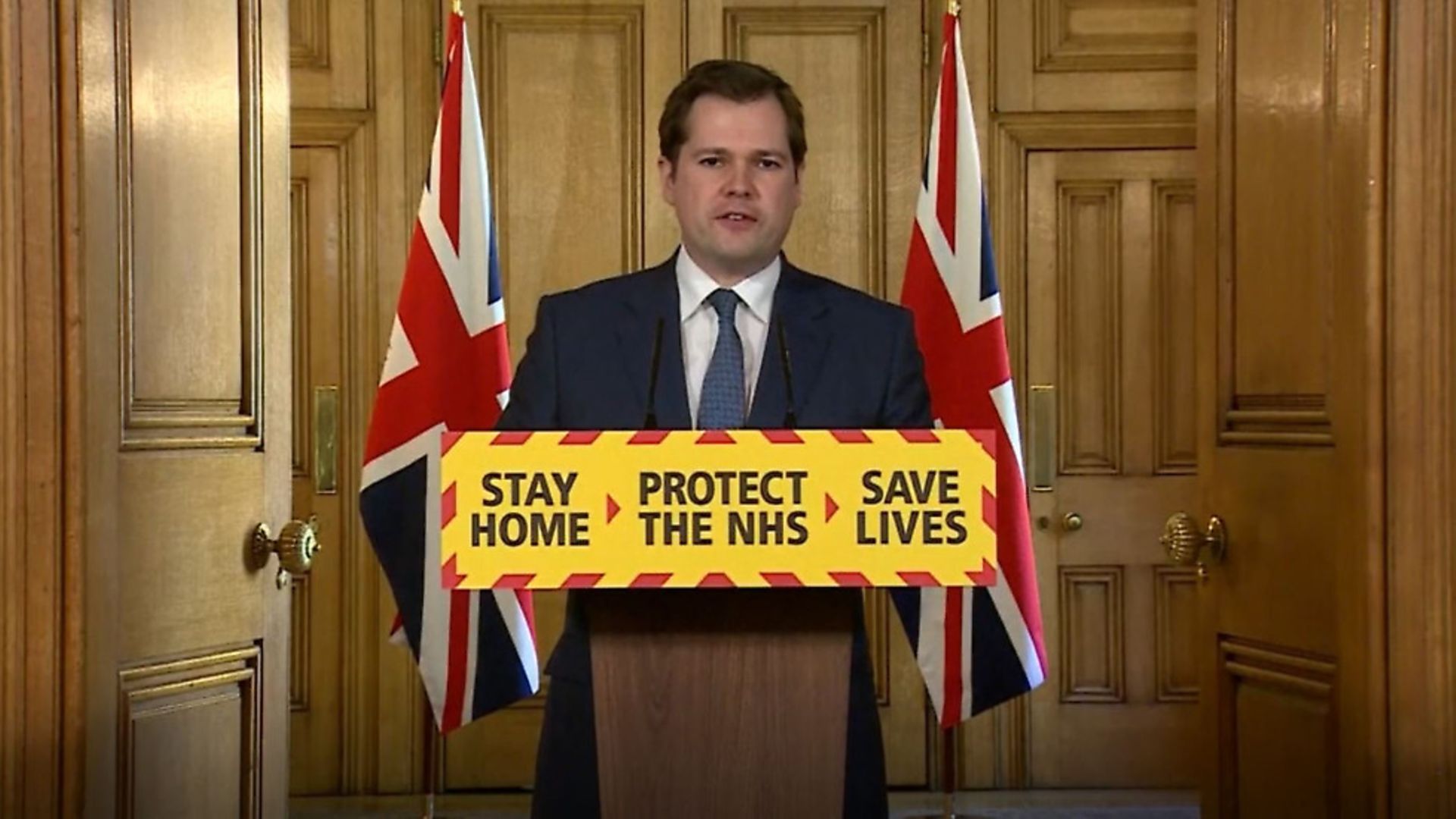
Covid-19 is having a greater impact on ethnic minority communities, says BONNIE GREER. The government must investigate why.
One of the more embarrassing things that one of my uncles would do at Sunday supper was to tell everyone around the table how I was as a toddler and little kid.
It seems that I was a chatty, curious child and found a great deal of pleasure engaging with the adults.
My uncle told the family supper one day that I used to like to take him by the hand – I was no more than three – and waddle around the tiny apartment.
I took him on an expedition, one I’m sure that he did not like. I wanted to show him all of the rat holes that I had found.
‘Rathole’ was my first word after ‘mamma’ and ‘daddy’ and my uncle said that I pronounced it with a great deal of panache and importance.
After all, they were part of my babyhood and early childhood environment.
Rats were the things that I saw scurrying about as I peered through the bars of my crib. This was my home, where my parents and I and my little sister and brother lived. I knew no other.
The words ‘black ghetto’ would have meant nothing to me.
Nobody went to the hospital, because as my grandmamma once said: hospital was where you went to die.
She had never known anyone who came out of a hospital alive. We managed to have a paediatrician because our dad’s union at the steel plant also provided some health cover.
His name was Dr Kaplan and the reason I indicate that he was Jewish is because I listened to him one day explain to my mother that his being a Jew obligated him to work with the poor and disadvantaged.
He had lost people in the war to what he called ‘bad medicine’, but I had no idea what he meant.
All that I knew was that he took care of our vaccinations and chickenpox. But most of the kids on my street did not have a Dr Kaplan… or a doctor at all.
I was a baby in a shared house with a shared kitchen and a shared toilet and a shared front porch and a shared garden.
We had a neighbour at the new apartment we moved to who would, every other day, shake her sheets out in the backyard.
Out would tumble dozens of big black roaches which we would herd into ditches filled with water and revel in watching them try to swim and survive.
When I was a teenager and began to get serious about my own history, I saw drawings of slave ships; human beings packed like stacks of wood; and also pictures of the slave cabins and how close people lived then.
My late dad, when he first came up from rural Mississippi at the beginning of the 1940s, worked in a place called Waterloo, Iowa. He was a meat-packer probably, before he got drafted into WW2. After the war he worked on an assembly line making steel cans for 40 years.
He died, too young, of cancer and I cannot help thinking that the steel plant had something to do with it; as, I suspect, did being a chauffeur and driving around all sorts of people finally contribute to the acute pneumonia that killed one of my other uncles; and working in a parachute factory and being a care home nurse later on may not have been a great thing for my late mother.
There are ailments in my family that are pretty common in the African American community: sarcoidosis, which presents on the lungs in our family; and diabetes.
Also, because of poverty and just plain racism, African Americans tend to visit doctors less. In my hometown of Chicago, Cook County Hospital was the public hospital, the place that they could take you to if need be.
Public medicine in the US is not like the UK. That is to say, as an ethos, a concept, it does not exist. Public health is for the poor. And the poor do not matter so much.
Andrew Cuomo, the governor of New York, had to requisition ventilators from his state’s private hospitals. These institutions make money off procedures like facelifts and liposuction. Hard to believe that this is true, but that is the health divide in the US.
Most African Americans do not go to the hospital for a face lift. Most Americans do not.
Now, in Chicago, African Americans have been dying at six times the rate of white residents. Some 70% of the Covid-19 death rate is black, 40 points greater than the percentage of African Americans actually living in the city.
Here in the UK, the picture is not that far from the US. A petition is being circulated, demanding that the government look into the death disparity here regarding different ethnic groups.
Covid-19, both here and in the US, is no equaliser. It’s no surprise to us members of the ethnic minority community on both sides of the Atlantic. But the question is, what is to be done? While white males over 65 are the most likely to die from the novel coronavirus, ethnic minorities 20 years younger are dying at a rate which should cause alarm, and be a call to investigation and action.
If we cannot understand this, if we do not investigate and mitigate it, we help to create a society not even more unequal. But more volatile. And even less democratic.
This virus is like a storm that uncovers a civilisation hidden beneath the sand. An unequal and poorer civilisation. One that speaks to us now.
The question is: what are we going to do about it?










